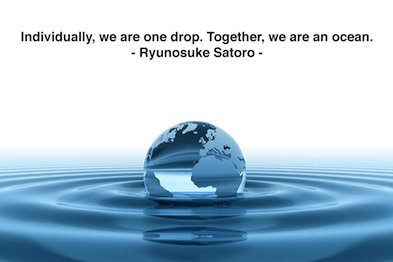
Collaboration: It's so important when you're learning (Covid series: 15 of 15)
Some people find learning a pleasure. Some people find learning a chore.
Some people are easily motivated by the thought of committing something new to memory. Some people need encouragement to keep trying.
Some people think that the achievement is in acquiring knowledge. Some people do better when they know there is a reward to be gathered.
The challenge that we face as providers of a software platform that manages learning is how to recreate that piece of real life that we intuitively understand to be so important: the role of encouragement and reward.
Our response at Coracle is two-fold. Firstly, we have collaboration tools that allow learners to engage with mentors and peers in context with their learning and secondly, we have an earn-as-you-learn badge system.
Collaboration
Once you've generated a statement on your Learning Line you'll notice that underneath the statement text you have the option of adding more details as a comment, either for yourself, or for a mentor. For example, in the picture below you can see an exchange of comments where the learner is looking for assistance from the mentor.
For broader collaboration, a mentor may decide to send a message to everyone registered for an activity, or within a group. The message appears in the recipients message line and will be delivered to them via email. Recipients of messages can either click the link and add a reply from the Learning Line, or they can simply hit reply to the email - their response will automatically appear as a reply to the message on the Learning Line and will generate an email to the conversation originator and anyone else who is engaged in that particular thread.
These commenting and messaging systems offer a powerful way to engage within an activity for users, group members and mentors. The ability to target messages and to support peer-to-peer communication gives us the opportunity to promote contextual discussions that forums of the past failed to deliver.
Rewards
Rewards may come in the form of certificates, but this type of reward is generally associated with being 'end of activity'. As a more flexible solution we have the badges system. Badges may be assigned when certain landmarks are reached for an activity. For example, read through most, or all of a course; passed a test; watched a video or completed a game. The badges are all customisable so different activities can offer different badges.
Course moderators can set up contingent learning based on badges to ensure understanding of learners before they move on. In other words, badges can be used to unlock course activities once goals have been reached.
This post is an update of the original from Coracle posted on 1st August 2013.